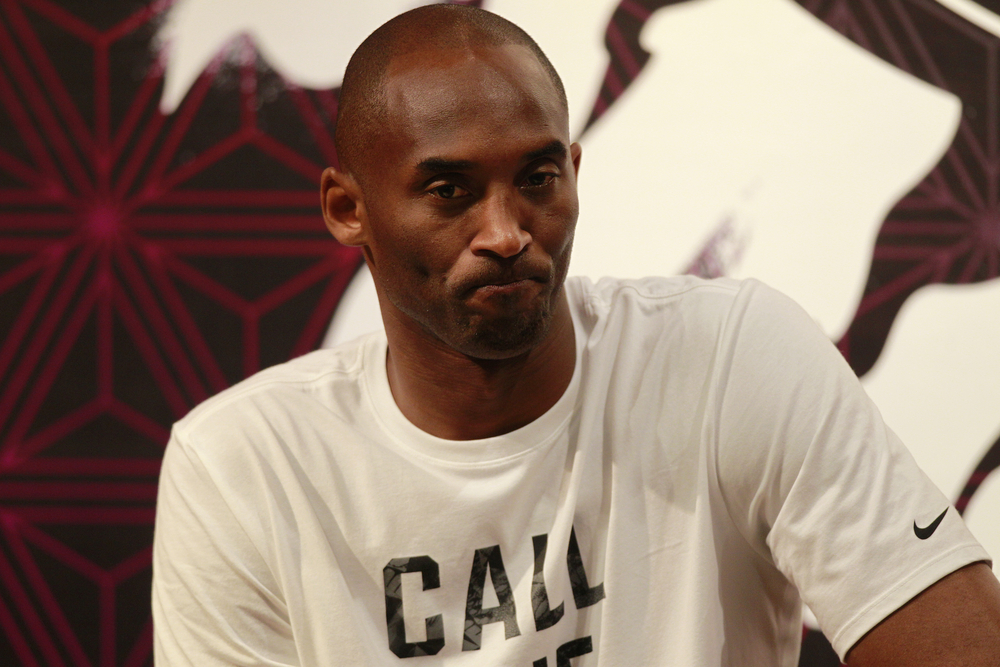When a public tragedy happens, its impact can be felt in a variety of ways. Often these effects make us pause and wonder why we feel so sad about people we don’t know or — although they happen daily — why accidents are so upsetting. Given the recent helicopter crash that tragically killed 3 children and 6 adults (including Kobe Bryant), many of us have confronted these complicated feelings — in some form or another — over the past several days.
The Relatability of Grief
As a parent, this particular incident provokes difficult feelings due to its relatability. While most of us don’t commute by helicopter — families bike, walk, or take public transportation to a variety of their childrens’ events. Many of us can relate to being a parent taking their child to a sporting event, and the thought that in an instant life could be forever changed, is extremely unsettling. This horrific accident was a reminder that it can happen to any of us, no matter our level of notoriety.
While we may not relate to flying in a helicopter, we do relate and empathize with the victims and loved ones impacted.
Grieving Public Tragedies
Many of us wonder why we feel sad when we aren’t personally acquainted with those who died. In this case — where the circumstance involved parents, their children, and a high-profile athlete — there are multiple reasons to feel such grief.
First, the accident is heartbreaking and it’s human to empathize with the loved ones of the victims who lost parents, siblings, partners, and friends. Second, beyond the relatability of the parents and children traveling to a sporting event, Kobe Bryant lived in the public eye. The public has a unique experience of feeling as if we do know him in a certain way, as he has been part of the fabric of our lives for many years.
It’s okay to grieve someone you don’t know personally
Deaths can stir up feelings of sadness and grief for many people — it’s actually normal and to be expected. While it may at first seem confusing to feel grief about the death of someone you don’t know, it’s important to allow yourself to feel whatever feelings come up and to acknowledge the sadness and grief. It’s nothing to be ashamed about. These feelings are generally like waves; they come up, you ride them out, and then they pass.
The death of a public figure, or someone else you don’t know, may be particularly triggering for someone who has recently grieved a personal loss. Grief appears in many ways, in many forms. It may even be easier to grieve someone you didn’t know than someone you were close to.
Grief Looks Different for Everyone
Grief is a very personal process, handled in a variety of ways. Some need time to themselves and turn inward while grieving. Others find comfort in surrounding themselves with friends and loved ones and talking about the person who has died. In addition, many find support in a spiritual practice, grief groups, or speaking with a therapist.
There are also situations when grief becomes unmanageable. While not not advisable, some turn to coping mechanisms that can be harmful — such as alcohol and drugs — in order to numb themselves from the pain of missing their loved one.
Signs to seek professional help, while dealing with grief
Grieving is not a linear process and takes time, but there are options for professional help when the grief process becomes more difficult or complicated over time.
While some symptoms of complicated grief are the same as more typical grief, if the symptoms last over a year, it is important to consider seeking out a licensed therapist or grief counselor. At the point when the symptoms become intractable and interfere with your ability to function in daily life, it’s time to seek out professional support.
Signs and Symptoms of Complicated Grief
While complicated grief may look different for everyone, typically the signs and symptoms of complicated grief may include:
- Intense sorrow, pain and rumination over the loss
- Focus on little else but the death
- Extreme focus on reminders of the deceased or excessive avoidance of reminders
- Intense and persistent longing or pining for the deceased
- Problems accepting the death
- Numbness or detachment
- Bitterness about the loss
- Feeling that life holds no meaning or purpose
- Lack of trust in others
- Inability to enjoy life or think back on positive experiences with your loved one
Complicated grief also may be indicated if you continue to:
- Have trouble carrying out normal routines
- Isolate from others and withdraw from social activities
- Experience depression, deep sadness, guilt or self-blame
- Believe that you did something wrong or could have prevented the death
- Feel life isn’t worth living without the deceased
- Wish you had died along with the person you lost
While grief is a normal part of everyone’s life at some point, and we will each experience a variety of expected feelings — sadness, anger, longing, to name just a few — it is important to remember there are excellent resources readily available if you need to speak with someone as you process these difficult feelings.
Reaching out to speak with a mental health professional, in person or via online therapy, can make a significant difference — you do not have to deal with grief alone.
Originally published on Talkspace.
More From Talkspace
Anxiety Attack vs. Panic Attack: Which One Are You Having?
Dealing With Depression: What You Need to Know
What Is a Therapist [Psychotherapist]? – The Complete Definition
Follow us here and subscribe here for all the latest news on how you can keep Thriving.
Stay up to date or catch-up on all our podcasts with Arianna Huffington here.


